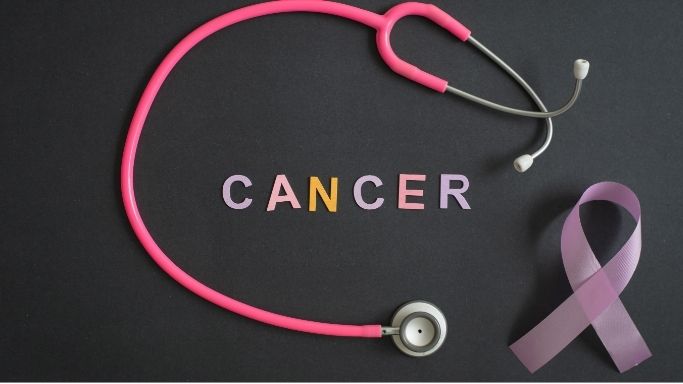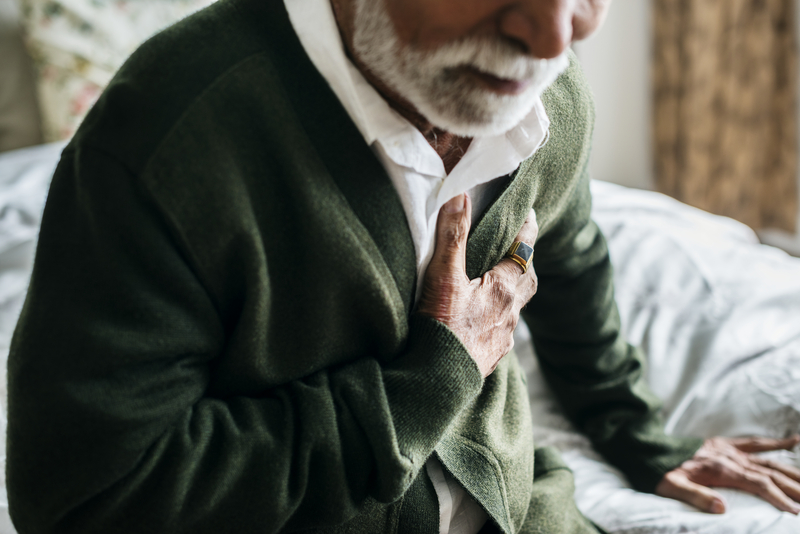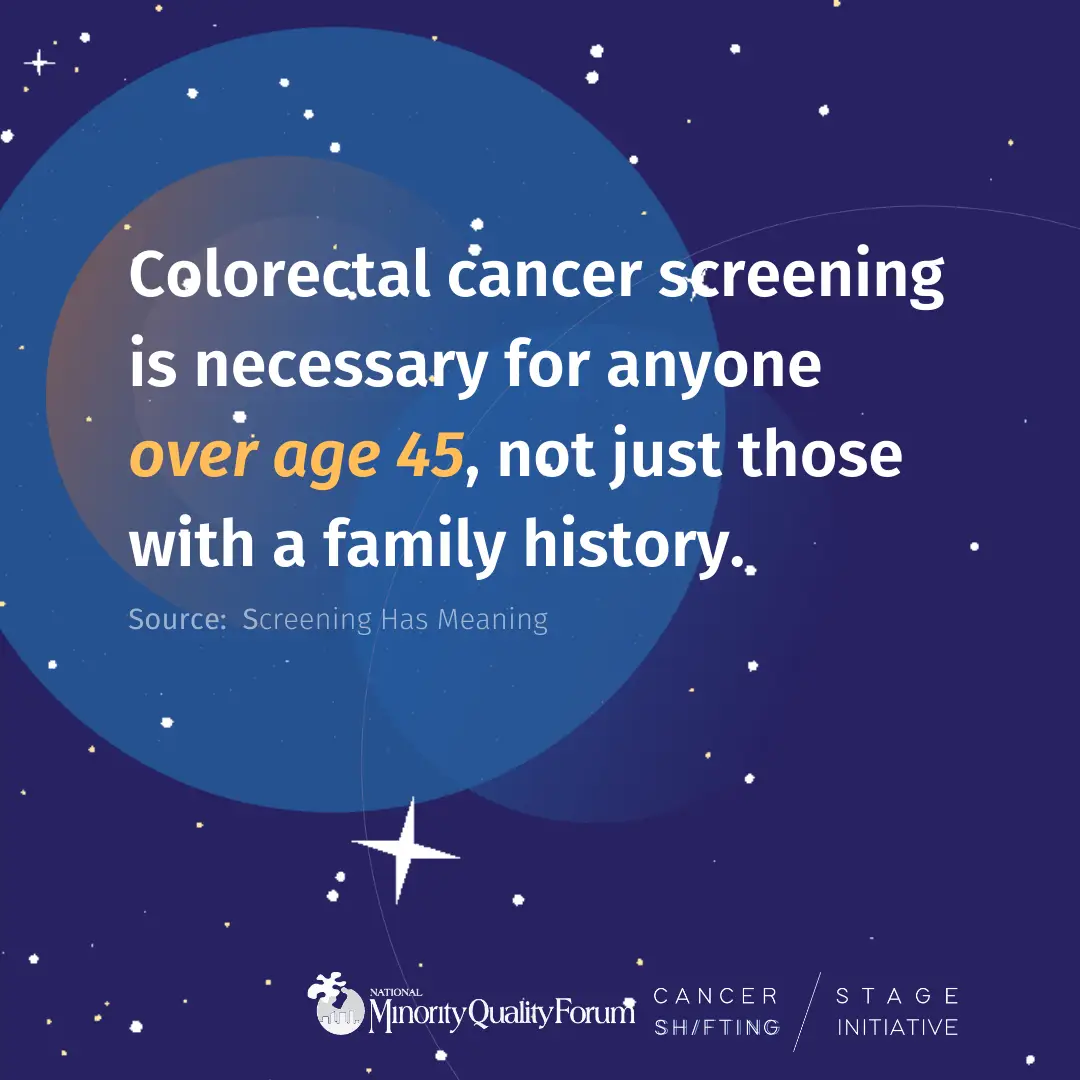support
Mental Illnesses Are More Common in LGBTQIA+ People. Here’s Why, and How to Find Support
Finding in-person or online support can help mitigate higher rates of mental health concerns among LGBTQIA+ folks.
In This Article
...
African American Alzheimer's Caregiver Training and Support Project 2 (ACTS2) pilot study: Outcomes analysis
Purpose/objective:
The purpose of this study was to conduct an initial evaluation of the quantitative and qualitative outcomes of th...
Incarceration, Social Support Networks, and Health among Black Sexual Minority Men and Transgender Women: Evidence from the HPTN 061 Study
Support from social networks buffers against negative effects of stress but is disrupted by incarceration. Few studies examine incarceration, socia...
A text message intervention to support latino dementia family caregivers (CuidaTEXT): feasibility study
Objectives:
To test the feasibility, acceptability, and preliminary efficacy of CuidaTEXT: a bidirectional text message intervention...
$3M in Grants to Support Mental Health Services in Underserved Areas in Michigan
LANSING, Michigan (WILX) — The Michigan Department of Health and Human Services will help Michigan State University College of Nursing with a $1.6 ...
Saint Elizabeth University receives grant to support Hispanic students pursuing health care careers
Morristown-based Saint Elizabeth University on Monday said it was awarded a two-year, $200,000 grant from Bank of America to support Hispanic-Latin...
Trending Topics
Features
- Drive Toolkit
Download and distribute powerful vaccination QI resources for your community.
- Health Champions
Sign up now to support health equity and sustainable health outcomes in your community.
- Cancer Early Detection
MCED tests use a simple blood draw to screen for many kinds of cancer at once.
- PR
FYHN is a bridge connecting health information providers to BIPOC communities in a trusted environment.
- Medicare
Discover an honest look at our Medicare system.
- Alliance for Representative Clinical Trials
ARC was launched to create a network of community clinicians to diversify and bring clinical trials to communities of color and other communities that have been underrepresented.
- Reducing Patient Risk
The single most important purpose of our healthcare system is to reduce patient risk for an acute event.



















